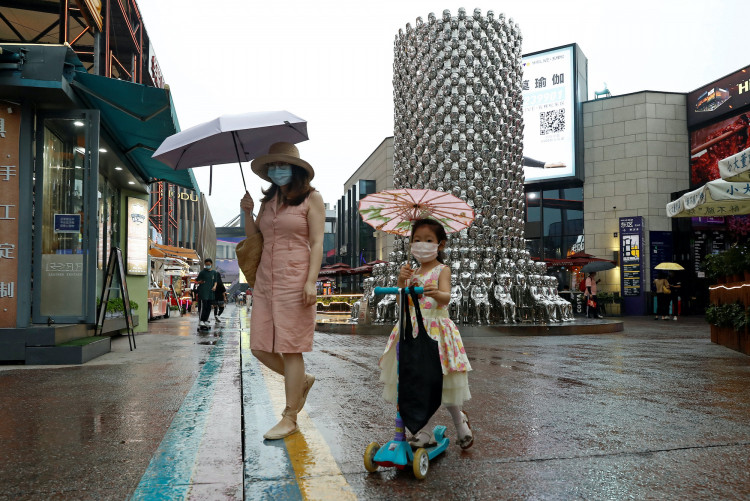China's economy kicked off 2024 on a strong note, with retail sales and industrial output surpassing expectations in the January-February period. However, the ongoing weakness in the property sector continues to temper the overall economic outlook, despite the positive data. The mixed results underscore the challenges faced by policymakers as they strive to achieve the ambitious 5.0% GDP growth target set for this year.
According to data released by the National Bureau of Statistics (NBS) on Monday, industrial output rose 7.0% in the first two months of the year, exceeding the 5.0% increase predicted by analysts in a Reuters poll. This marked the quickest growth in almost two years, surpassing the 6.8% growth seen in December. Retail sales, a gauge of consumption, rose 5.5%, slowing from the 7.4% increase in December but still beating the expected 5.2% gain.
The strong performance in these sectors can be partially attributed to the eight-day Lunar New Year holiday in February, which saw a solid return of travel and supported the revenue of tourism and hospitality sectors. However, Louise Loo, China economist at Oxford Economics, cautioned that the strength in consumer spending might be temporary. "In the absence of decisive consumption-related stimulus this year, we think it would be difficult to sustain a robust consumer spending pace this year," Loo said.
The property sector, a key pillar of the economy, remains a major concern for policymakers, consumers, and investors. Monday's data showed that declines in property investment narrowed in January-February, but the sector is still far from reaching stability. Property sales by floor area logged a 20.5% slide in January-February from a year earlier, compared with a 23.0% fall in December last year.
Goldman Sachs economists noted that while China's sequential growth momentum remained solid in the first quarter, more policy easing is necessary to secure the "around 5%" growth target for this year, particularly on the demand side, including fiscal, housing, and consumption measures.
The job market, another closely watched area, showed mixed results. The nationwide survey-based jobless rate rose to 5.3% in February from 5.2% in January, which NBS spokesperson Liu Aihua attributed to seasonal factors associated with the Lunar New Year.
Premier Li Qiang, who took office earlier this month, has promised to transform the country's growth model and defuse risks in the property sector and local government debt. The country's central bank governor, Pan Gongsheng, also indicated that there is still room to cut banks' reserve ratio requirement (RRR) following a 50-basis point cut announced in January, the biggest in two years.
While global monetary easing expectations may offer some relief for China's hopes of strengthening its vast manufacturing sector, many economists warn that there is a risk of the country slipping into Japan-style stagnation later this decade unless authorities take steps to reorient the economy towards household consumption and market-allocation of resources.
Zichun Huang, China economist at Capital Economics, expects economic momentum to improve further in the near term given the tailwind from policy stimulus. However, Huang cautioned that "this recovery may prove short-lived due to the economy's underlying structural challenges."





